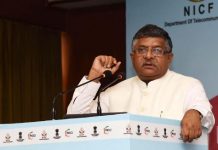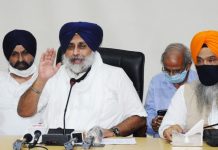
Musician, Voice-Actor, Filmmaker
What formed your vision as a musician, voice actor and filmmaker?
Loony Tunes and the Hanna-Barbera cartoons. They had some great storytelling and use of music. Cartoons are all about voicing, so that taught me voice acting. I used to imitate Daffy Duck. That’s how I trained my voice. This helped when singing with my band Scribe, I began to use my voice as a tool for composing, instead of the guitar. There was one show called the What a Cartoon! It was quite radical, not meant for children. Animation films, such as Toy Story 3, can move me to tears, and the more complex and exploratory their universe, the better.
Who are your influences?
Richard Curtis and Ben Elton. They’re writers and directors with the BBC and the men behind shows like Blackadder. Also, Oscar Wilde, especially The Picture of Dorian Gray.
What’s your training?
I have a post graduation degree in journalism. I write in a haphazard manner, and my degree helped me discipline my prose, to keep editing and cutting things down till I got it right.
After Bring On the Night, what’s the future for alternative television in India?
I don’t know what the future is, but I think it takes a certain warrior-like strength to create alternative TV in India. You need a lot of backing, which I was lucky enough to get from Eristoff and Only Much Louder (OML). But you need the audience to want that kind of a show. The more slick you make something, the more you’re in danger of alienating an audience that goes in for shows with a formulaic a-b-c format. And that’s the general tonality of entertainment TV here.
What’s your selection criterion for The Dewarists?
Vijay Nair, the CEO of OML, selects the musicians. No one knows them better than he does. But when I was directing the first season, the criterion was the essence of the story — what combinations of music would work to tell the story we wanted that episode to.












